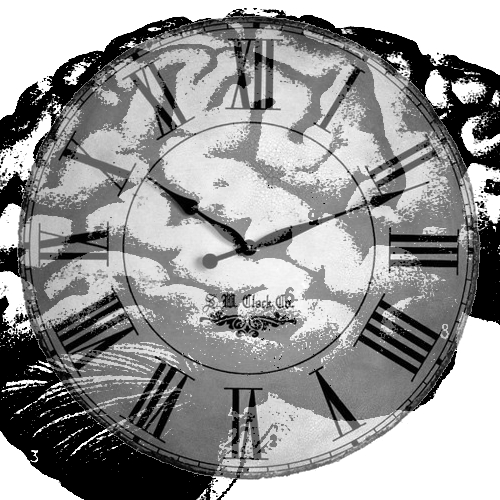Body clock better plotted
 Neuroscientists have found cells within the brain that control our circadian rhythms, the 24-hour processes behind sleep and wake cycles.
Neuroscientists have found cells within the brain that control our circadian rhythms, the 24-hour processes behind sleep and wake cycles.
Circadian rhythms are not only responsible for a good wake-up, they also regulate important body functions such as hormone production, metabolism, and blood pressure.
The rhythms are generated by the suprachiasmatic nucleus (SCN), located within the hypothalamus of the brain, but researchers had previously been unable to pinpoint which of the many thousands of neurons in the region were involved in controlling the body's timekeeping mechanisms.
“We have found that a group of SCN neurons that express a neuropeptide called neuromedin S (NMS) is both necessary and sufficient for the control of circadian rhythms,” said neuroscientist Dr Joseph Takahashi.
Key studies in the nineteen-seventies revealed that the SCN communicates and coordinates cells throughout the body to control circadian rhythms, but the SCN contains many neurons with different expression patterns of neuropeptides and neurotransmitters.
“Which of these neurons are responsible for producing circadian rhythms was a major unanswered question in neurobiology. This study marks a significant advancement in our understanding of the body clock” said Dr Masashi Yanagisawa, one author of a new report on the finding.
The discovery may offer important targets for future treatments of diseases and problems related to circadian dysfunction, which range from jet lag and sleep disorders to neurological problems such as Alzheimer's disease, as well as metabolism issues and psychiatric disorders such as depression.
More details are available in a report published by the journal Neuron.








 Print
Print